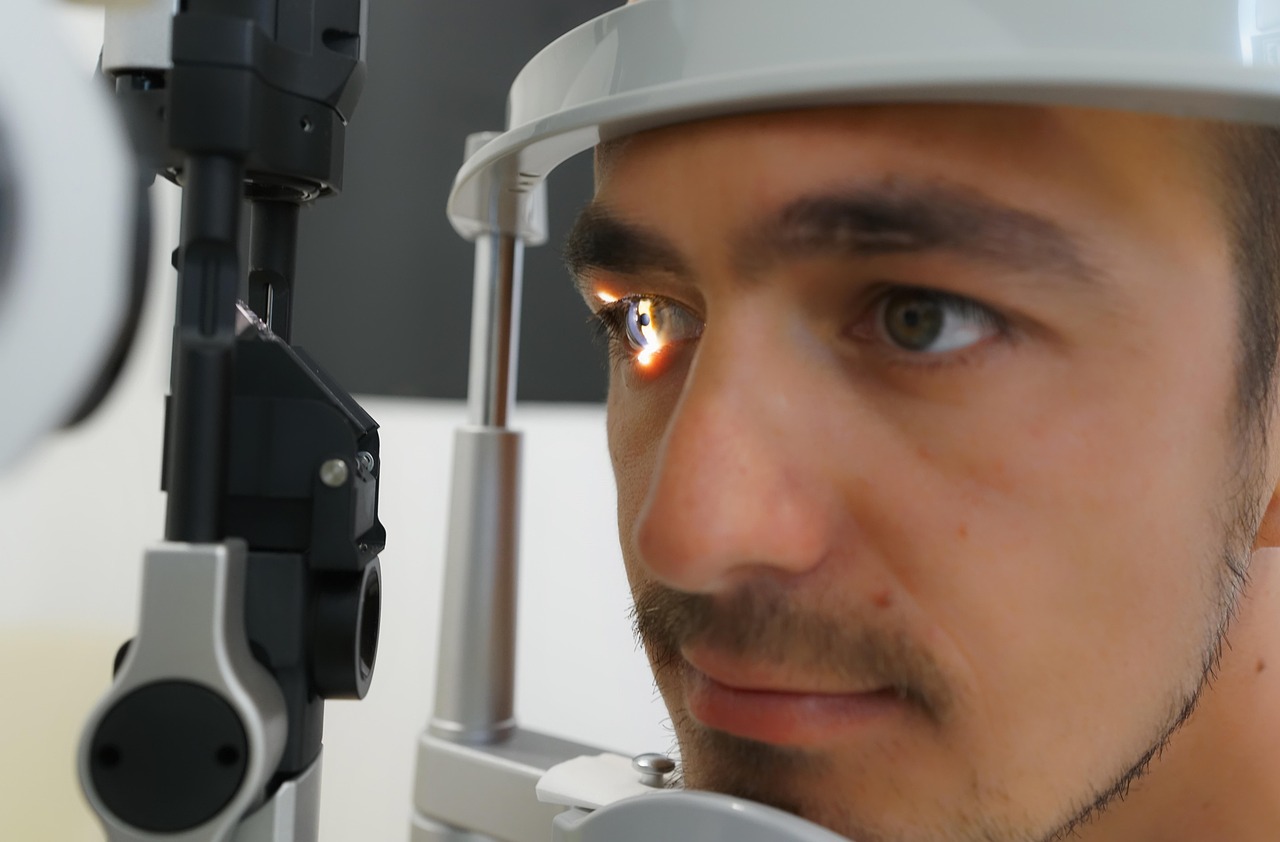18
Sep 2024
Doctor suggests geriatric hospitals could alleviate bed shortages and reduce ambulance delays
Published in News on September 18, 2024

The head of a major emergency department in Australia is advocating for hospitals specifically for older patients to address ongoing bed shortages and ambulance ramping issues. Dr. David Green, a veteran physician and director of emergency medicine at Gold Coast University Hospital, highlights the challenge of managing emergency departments when beds are occupied, leaving no space for new patients or ambulances to offload. He emphasizes the need for a better solution to reduce overcrowding in busy hospitals like his.
Dr. David Green, director of emergency medicine at Gold Coast University Hospital, highlights bed shortages and ambulance ramping as key challenges in hospitals. He attributes this to an aging population, where elderly patients with complex conditions occupy hospital beds for extended periods. Dr. Green suggests the creation of specialized geriatric hospitals, akin to children's hospitals, to provide focused care for those over 65. However, not all health professionals agree that this approach is the best solution for alleviating bed blockages and improving emergency department efficiency.
Dr. Jennifer Kosiol, a health educator from Griffith University, argues that a geriatric hospital could face similar bed-blocking issues as general hospitals. She notes that around 44% of hospital admissions involve people over 65, who tend to stay longer. Dr. Kosiol believes the real problem lies in delays transferring elderly patients to aged care facilities, which keeps them in hospital beds for extended periods, contributing to the overall bed shortage.
Dr. Jennifer Kosiol from Griffith University highlights the lengthy process involved when elderly patients lack decision-making support, often delaying their transfer to aged care. Without a next of kin or power of attorney, obtaining a guardian through Queensland Civil and Administrative Tribunal (QCAT) can take up to six months. This contributes to bed shortages, with a rising number of long-stay patients occupying hospital beds while waiting for aged care placement. The Queensland government has invested $200 million over two years to address the growing issue.
The Australian and New Zealand Society for Geriatric Medicine (ANZSGM) emphasizes that the care of elderly patients is a complex issue that requires systemic reform. Dr. Robert O'Sullivan, the society's president, asserts that hospitals need to improve their ability to care for older patients, as they now represent a significant portion of hospital workloads. System-wide changes are necessary to address the growing demand for specialized elderly care in hospitals.
Dr. Robert O'Sullivan, president of the ANZSGM, advocates for new models of care in hospitals to reduce complications like delirium and functional decline in elderly patients. These complications often prolong hospital stays, adding pressure to the system. By improving basic care and preventing hospital-acquired issues, the system could operate more efficiently. Bond University’s Kieran Le Plastrier also stresses that ramping is complex, but warns against fragmenting care, emphasizing the need for cohesive, preventative approaches.
Dr. Kieran Le Plastrier warns against fragmenting care by creating specialized hospitals, citing past examples where psychiatric hospitals overlooked patients' physical health. He believes dividing care in this way could risk inadequate comprehensive treatment for older patients. Instead, he advocates for a focus on preventative care, urging policymakers to think beyond just building new facilities. According to Dr. Le Plastrier, Australia should shift towards a system that emphasizes keeping people healthy, rather than only treating them after they become seriously ill.
In terms of hospital stay accommodation, furnished hospital accommodation can significantly impact patient recovery. Options like serviced apartments near hospitals offer a more comfortable, home-like environment for patients and their families, which can help reduce stress and support better recovery. Additionally, long-stay accommodations in proximity to medical facilities can ease logistical burdens, allowing patients to focus on their health rather than commuting long distances for care.









